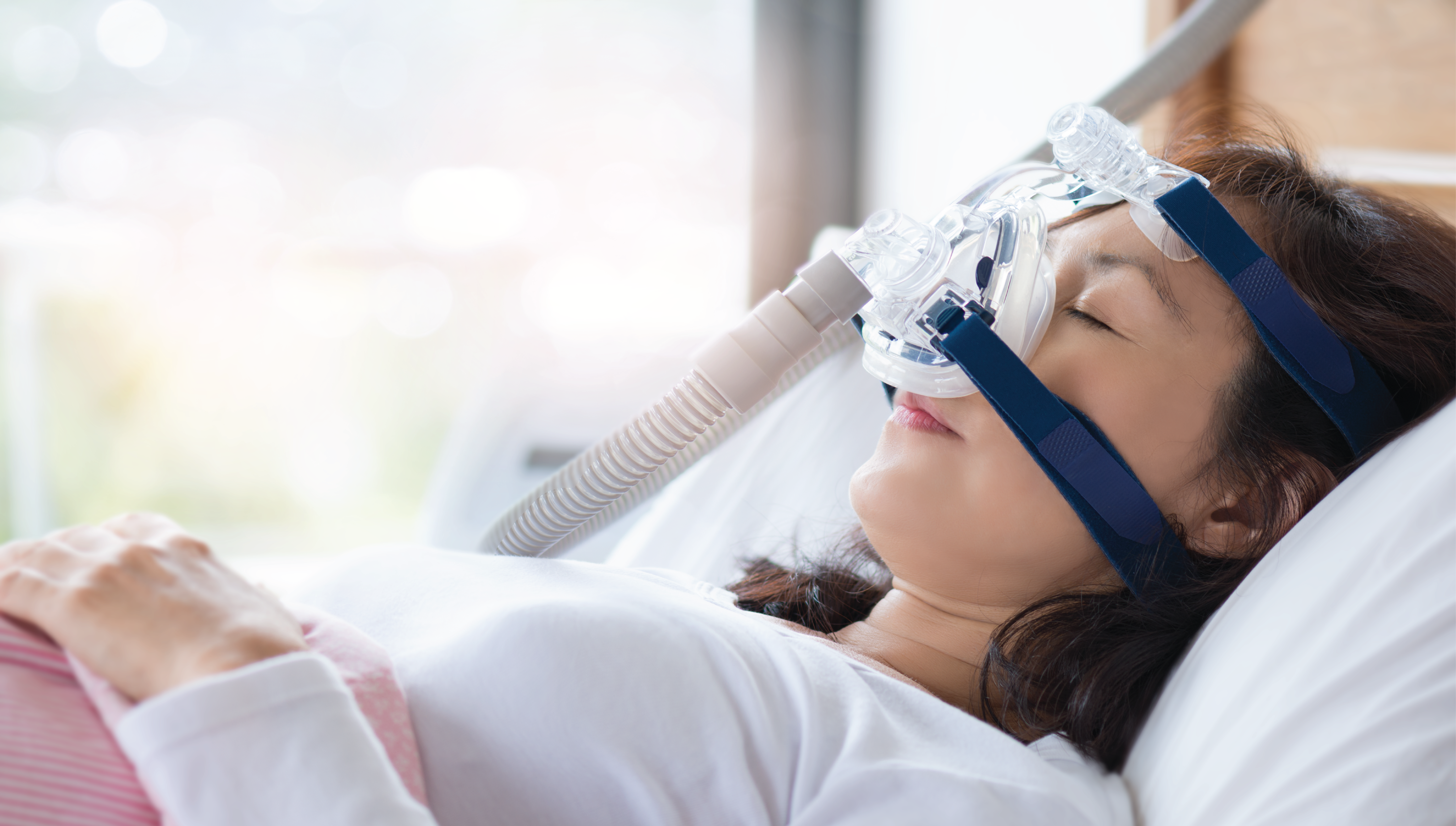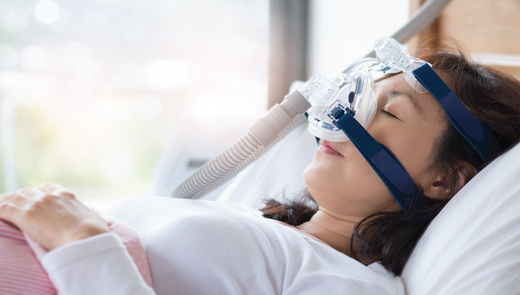
If you often wake up feeling tired or groggy, even after a full night's sleep, or if you snore loudly, gasp for air, or feel like you're choking during sleep, you may be one of the millions who suffer from sleep apnea.
Sleep apnea is a sleep disorder that affects the breathing patterns of individuals while they sleep. It is characterized by repeated episodes of shallow or paused breathing during sleep, which can result in poor sleep quality and many other health problems. Fortunately, various sleep apnea devices are available in the market that can help individuals manage this condition and enjoy a more restful sleep.
In this blog post, we'll explore what sleep apnea is, the medical conditions that cause it, and general sleep apnea devices and remedies that can help you get the restful sleep you deserve.
What is Sleep Apnea
Sleep apnea is a common sleep disorder that occurs when a person's breathing is interrupted during sleep.
Sleep apnea occurs for various reasons, including the relaxation of the muscles in the back of the throat, excess weight, or a narrow airway.
When breathing stops, the brain sends a signal to wake the person up so they can resume breathing, but this can happen so frequently throughout the night that it prevents you from getting restful sleep.
Types of Sleep Apnea
There are two main types of sleep apnea: Obstructive Sleep Apnea (OSA) and Central Sleep Apnea (CSA).
OSA is more common and occurs when the muscles in the back of the throat fail to keep the airway open. Conversely, CSA happens when the brain fails to send the proper signals to the muscles that control breathing.
Several medical conditions can cause sleep apnea, including:
- Obesity
- High blood pressure
- Diabetes
- Heart disease
Additionally, smoking, drinking alcohol, and using sedatives can exacerbate sleep apnea symptoms. Fortunately, several general sleep apnea device remedies can help alleviate the symptoms and improve sleep quality.
General Devices
- CPAP machine: One of the most common sleep apnea devices is the Continuous Positive Airway Pressure (CPAP) machine. This device delivers a constant stream of air through a mask worn over the nose and/or mouth to keep the airways open during sleep. This helps prevent snoring and reduces the number of sleep interruptions caused by apnea.
- Another sleep apnea device is the bilevel positive airway pressure (BiPAP) machine. This device works similarly to a CPAP machine, but it delivers two different levels of air pressure, one for inhaling and one for exhaling. This can be more comfortable for some users, especially those who find it difficult to exhale against the constant pressure of a CPAP machine.
- Mouth guards are also commonly used as sleep apnea devices. These devices are custom-made to fit the individual's mouth and hold the jaw forward position to help keep the airways open and reduce snoring and sleep apnea.
- Specialized pillows can help keep the head and neck in a position that promotes better breathing during sleep. These pillows can be especially helpful for people with mild sleep apnea cases.
- Nasal devices, or nasal dilators, are small plastic or silicone devices that fit inside the nostrils to help open up the nasal passages.
While these general sleep apnea devices can improve sleep, it's important to note that they may not work for everyone. In some cases, a combination of devices may be necessary, or more specialized treatment options may be required.
It's important to consult with a medical professional to determine the best course of treatment for your individual needs.
Adjustable Beds and Sleep Apnea
While sleep apnea devices such as CPAP machines and mouth guards are effective for managing the condition, they may not be suitable for everyone. Some individuals find them uncomfortable or difficult to use. In these cases, an adjustable bed may be a good option to elevate the head and upper body.
This can help reduce snoring and improve breathing by opening up the airways. Additionally, adjustable beds can also benefit individuals with acid reflux or other health issues that can disrupt sleep.
Sleep apnea is a common sleep disorder that significantly impacts your quality of life and your health. If you have sleep apnea, it's important to consult with a medical professional to determine the best course of treatment for your individual needs. Remember, getting a restful sleep is essential to maintaining good health and overall well-being.
If you're interested in learning more about achieving quality sleep and how to lessen sleep apnea symptoms, browse our selection of adjustable bases!
You can also stay up-to-date with the latest sleep news and trends by visiting the Mlily Sleep Blog. Check out mlilyusa.com today and start your journey towards better sleep!
